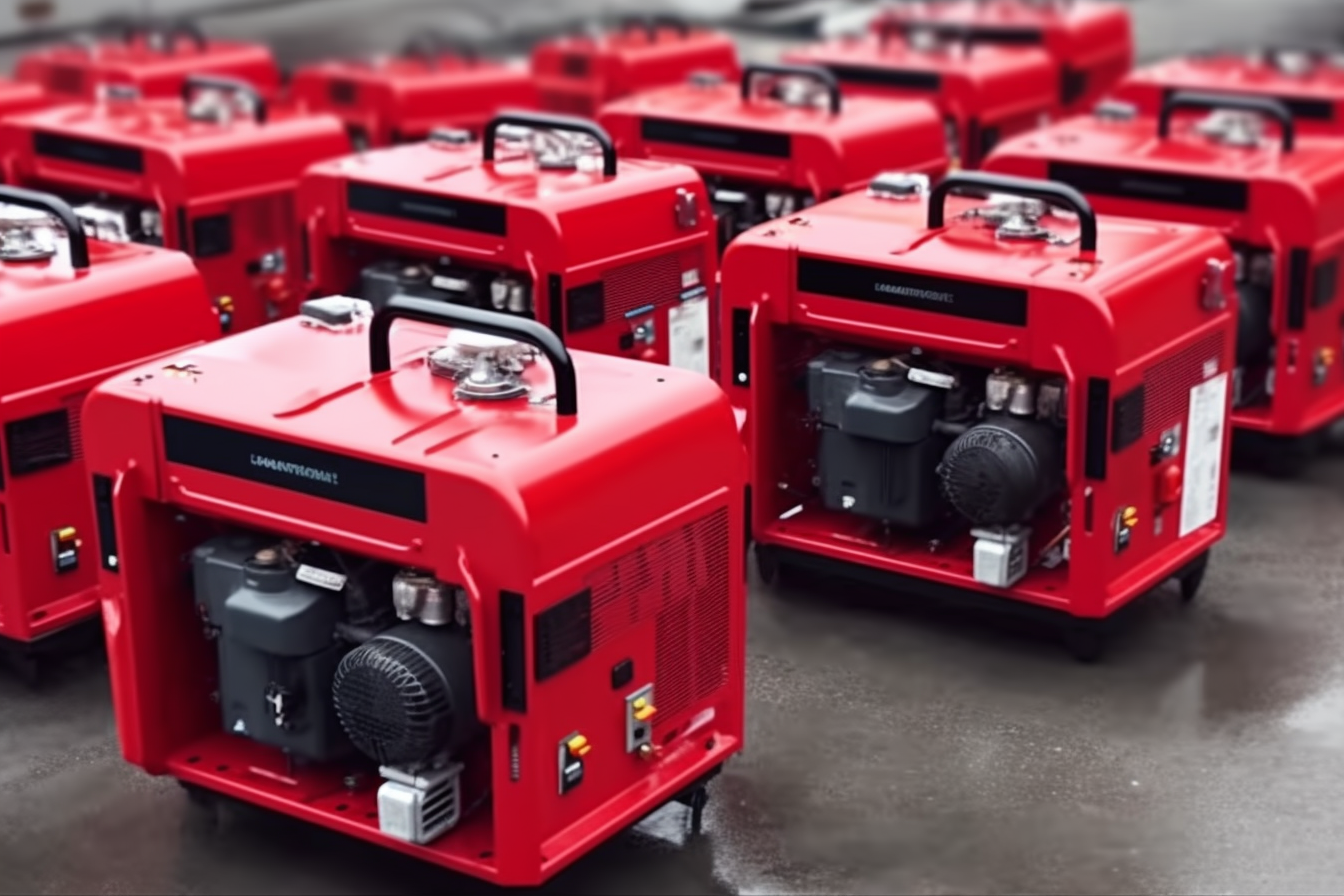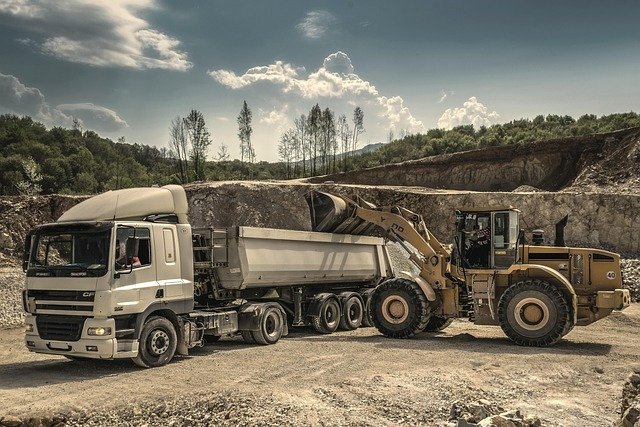Gas Water Pumps: Powerful Solutions for Water Transfer and Irrigation
Gas-powered water pumps are commonly used in areas without easy access to electricity, offering portable and high-capacity water transfer. These pumps are often relied on for tasks like irrigation, draining, or emergency water removal in both residential and commercial settings.

What Are Gas Water Pumps and How Do They Work?
Gas water pumps are portable power units that use gasoline or propane engines to drive water transfer mechanisms. These robust machines convert mechanical energy from the engine into hydraulic power, enabling quick water movement across different terrains and environments. They excel in situations requiring significant water displacement, such as agricultural irrigation, construction site drainage, and emergency flood management.
Where Are Gas Water Pumps Commonly Used?
Gas-powered water pumps find extensive applications in multiple sectors. Farmers use them for crop irrigation, construction crews utilize them for site drainage, emergency response teams rely on them during flood situations, and rural property owners depend on them for water management where electrical infrastructure is limited. Their portability and powerful performance make them indispensable in challenging water transfer scenarios.
What Types of Gas Water Pumps Are Available?
Several gas water pump options exist to meet diverse needs. Standard models include centrifugal pumps for general water movement, submersible pumps for underground water extraction, and high-pressure pumps for demanding industrial applications. Propane and gasoline variants offer flexibility, with some models capable of switching between fuel types to suit different operational requirements.
Key Considerations When Selecting a Gas Water Pump
When choosing a gas water pump, consider factors like water volume capacity, engine power, portability, and intended use. Engine horsepower, pump size, maximum lift height, and flow rate are critical specifications. Additionally, evaluate noise levels, fuel efficiency, and maintenance requirements. Some models feature electric start mechanisms, while others rely on traditional pull-start systems.
Gas Water Pump Cost and Provider Comparison
| Brand | Model | Estimated Price Range | Key Features |
|---|---|---|---|
| Honda | WX10 | $300 - $500 | Compact, lightweight |
| Briggs & Stratton | 20608 | $400 - $600 | High water transfer capacity |
| DeWalt | DXGNP30 | $500 - $700 | Commercial-grade durability |
| Generac | 6822 | $600 - $800 | Electric start, versatile use |
Prices, rates, or cost estimates mentioned in this article are based on the latest available information but may change over time. Independent research is advised before making financial decisions.
Understanding Maintenance and Operational Best Practices
Proper maintenance ensures long-term gas water pump performance. Regular oil changes, air filter cleaning, and fuel system inspections are crucial. Store pumps in dry locations, use fresh fuel, and follow manufacturer-recommended service intervals. Winterizing pumps in colder regions prevents potential damage from freezing temperatures.
Gas water pumps represent powerful, flexible solutions for water transfer needs across various environments. By understanding their capabilities, selecting appropriate models, and maintaining them correctly, users can leverage these versatile machines effectively in agricultural, construction, and emergency scenarios.




